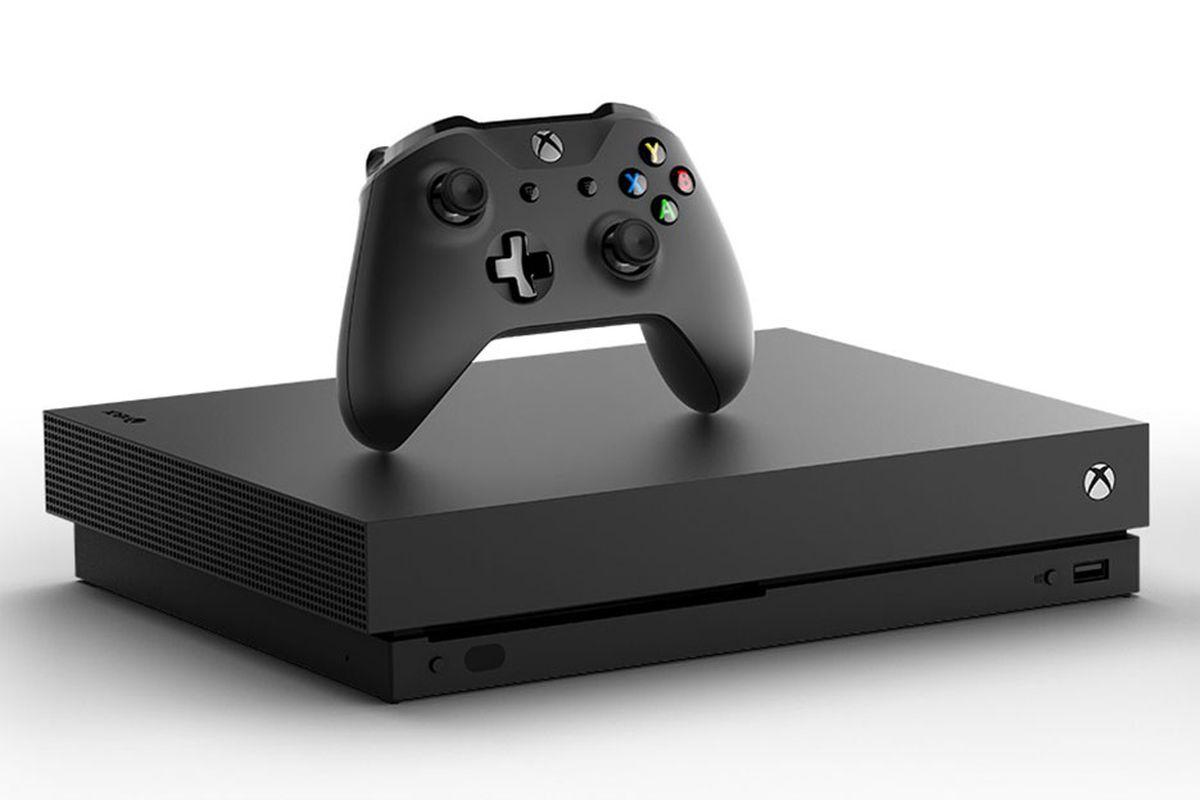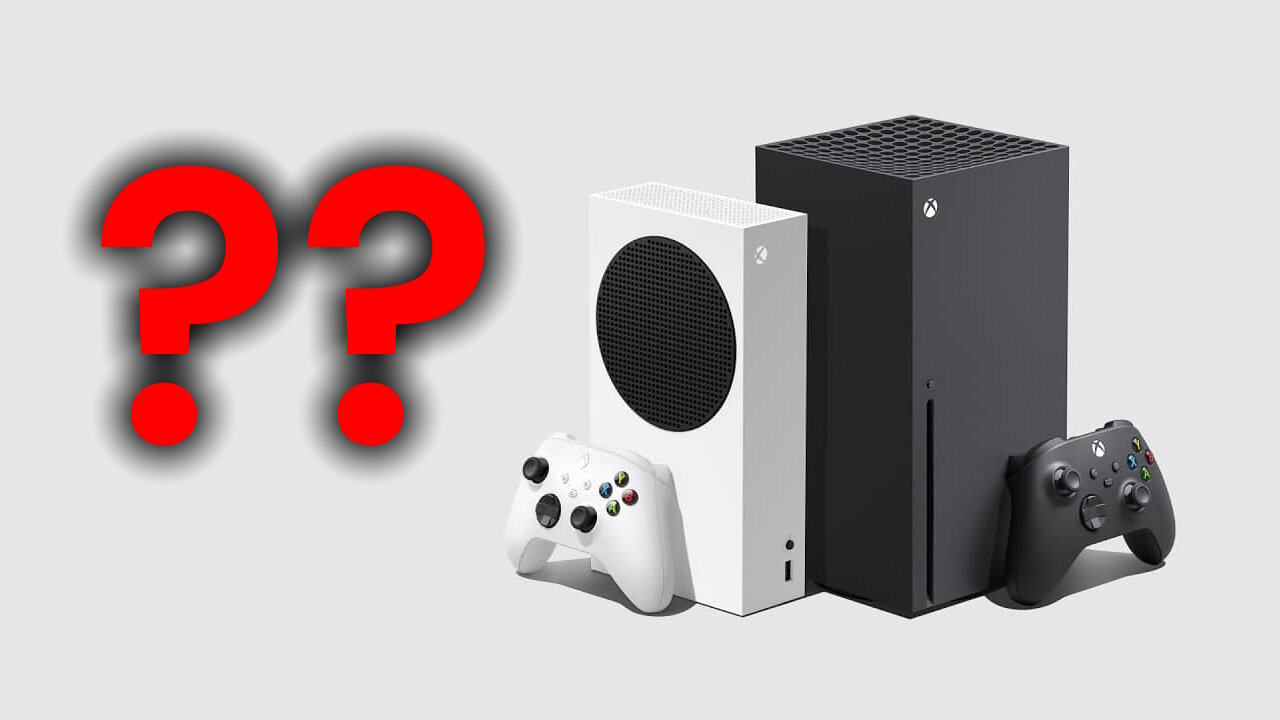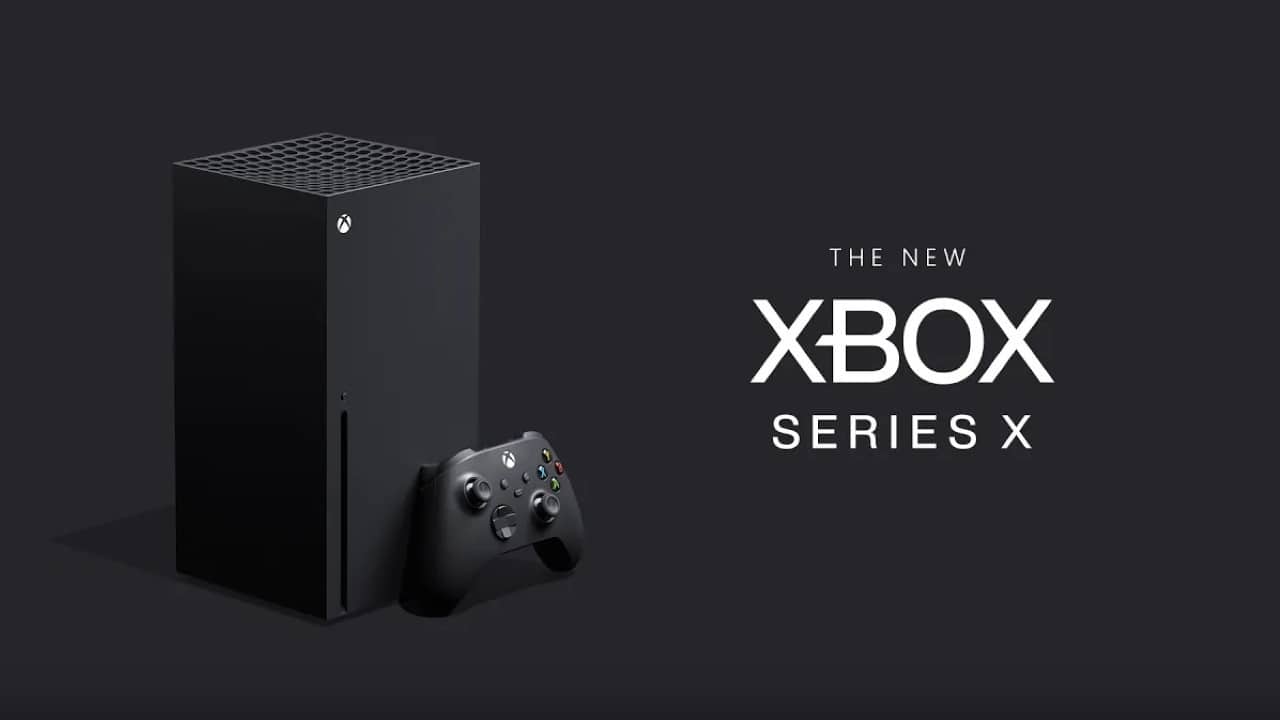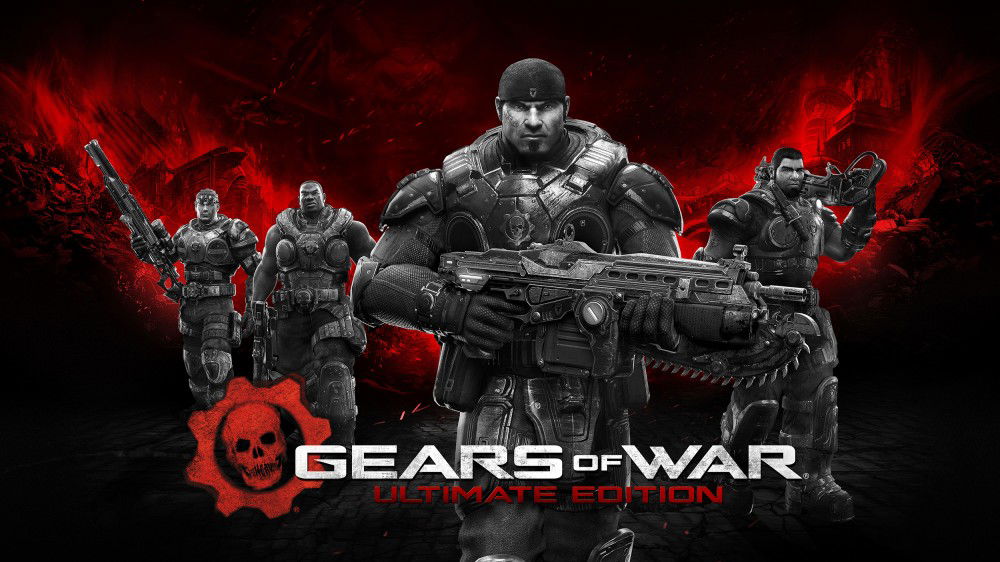Ever since Xbox revealed that it was putting its games onto PC all those years ago (R.I.P. E3), it set the company down a path that’s evolved into something many are either happy with or unsure about. Now, after everything, Xbox’s mission statement has changed again. Instead of users needing to buy an Xbox console to play first-party games, you can now play them on a PlayStation 5, of all places. Don’t forget Amazon’s Fire TV devices, LG and Samsung TVs, the Nintendo Switch, and soon, even the Switch 2.
For the conventional Xbox fan, that’s a lot to take in. And in fact, there are plenty who just can’t adjust to this new reality. Heck, even I had some reservations when this started happening, mainly because I grew up in the era when exclusives pushed consoles. That was the battlefield, Nintendo versus Sega, then PlayStation versus Xbox. My brain still can’t get past the idea that Forza Horizon and Gears of War, two of the most iconic Xbox series, are heading to PlayStation.
Nintendo has Mario. Sega has Sonic. PlayStation has had its share of exclusives, Uncharted, God of War, The Last of Us, and so on. And yet Sega’s been out of the console race for decades now. It’s a full-on third-party publisher — and arguably in the best shape it’s been in for years. Nintendo and PlayStation are still making hardware and doing well with it. So, where does all of this leave Xbox?
The Identity Crisis
This is where Xbox starts to feel different. Unlike Sega, Microsoft is still making consoles. The Xbox Series X and S are very much alive, and there’s still talk of a next-gen Xbox on the horizon. That raises a serious question: if Xbox games are no longer exclusive, then what’s the point of buying an Xbox?
And I mean that sincerely. No clickbait nonsense.
Game Pass works on PC. You can stream Xbox games to your phone, tablet, or smart TV. There’s even an Xbox handheld in development, though we still don’t know much about it. So if you can play Xbox games just about anywhere, what’s the role of the actual console?
For some people, this is a dream come true. You can play what you want, where you want, with no restrictions. But for others, especially fans who have stuck with Xbox through its high and low points, it starts to feel like the brand is losing what made it special. If everything is everywhere, then what makes Xbox… well, Xbox?
That’s the million-dollar question. I’ve stewed over this for a while. I’ve talked to folks who are equally confused. I’ve even gone back and forth with die-hard Xbox fans who can’t — or won’t — accept that the Xbox they once knew may not exist anymore. And even after all that, I still haven’t landed on a satisfying answer.
Platform vs. Brand
Right now, Xbox feels like it’s stretching in every direction at once. It’s on consoles, PCs, phones, TVs, and even rival platforms. And because of that, it’s getting harder to tell what the endgame is. Is it about selling more games? Growing Game Pass to massive scale? Letting go of hardware entirely?
Nobody outside Xbox seems to know. And honestly, I’m not sure Xbox does either.
Maybe we need to look at it differently. Maybe Xbox isn’t a console anymore. Maybe it’s just a brand — something that floats between platforms, a name stamped on services and games no matter where you’re playing them. If that’s the case, then the console itself isn’t the centerpiece anymore. It’s just one of many ways to plug into the Xbox ecosystem.
Compare that with what Sony’s doing. PlayStation still leans hard into the traditional console model: timed exclusives, custom hardware, limited editions, big franchise tie-ins — all of it. That “you-have-to-own-a-PlayStation” energy still runs deep. It’s what Xbox used to do, and do well. Now we’re seeing two completely different strategies emerge: one focused on the box, and one focused on access.
The real question is: which one are players going to support long-term?
Subscription Over Hardware
And maybe that’s the key to this whole puzzle. If Microsoft sees Game Pass as the future — and it certainly seems like they do — then maybe the next Xbox isn’t a flagship anymore. Maybe it’s just the most affordable, convenient way to get into Game Pass. Not the centerpiece, but the entry point.
The value proposition shifts. It’s not about power or exclusivity — it’s about convenience. You want people in the Xbox ecosystem? Lower the barrier. Let them in on their phone. Their TV. Their laptop. Or give them a sleek, affordable console that works as a high-end streaming box with the bonus of local play.
That wouldn’t be a bad thing. But it’s definitely not the Xbox we grew up with.

What’s Next for the Console?
So, if and when the next Xbox arrives, it can’t just be “a more powerful Xbox.” It needs a reason to exist — a compelling one. It needs to offer something that other devices can’t. Whether that’s lightning-fast load times, performance that blows away the competition, exclusive hardware features, or just being the best value in gaming. It needs a hook, and a damned good one.
Because if it doesn’t have that, people are going to stop asking, “Why should I buy one?” and start asking, “Why is Microsoft even making one?”




